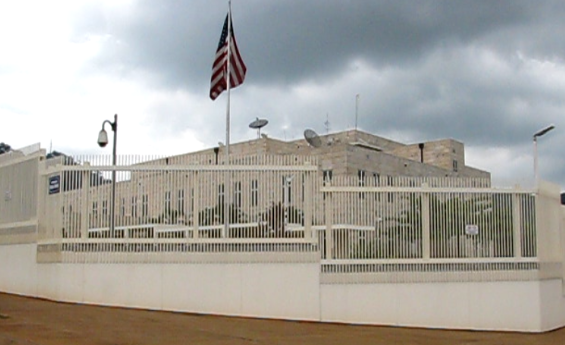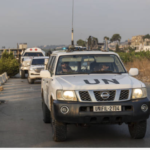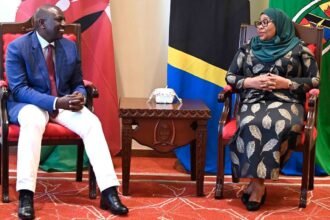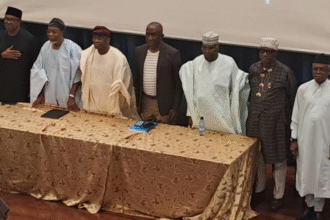By Emily Sims
Washington D.C. – A recent memo from the US State Department outlining proposed embassy and consulate closures under the Trump administration is raising concerns about increased travel restrictions for Africans and a potential weakening of US diplomatic influence on the continent. The order targets ten embassies and seven consular offices across Europe and Africa, with a significant impact felt in sub Saharan Africa.
Six of the embassies facing potential closure are located in Africa: Central African Republic, Eritrea, Gambia, Lesotho, Republic of Congo, and South Sudan. Additionally, consulates in Douala, Cameroon, and Durban, South Africa are also on the chopping block.
Experts warn that these closures will make obtaining US visas more difficult and expensive for citizens of the affected countries, as services will be consolidated and potentially moved to other, more distant locations.
“Africans and most of the nationals of the developing countries, including Latin America and Asia, are going to have it very difficult going to the US,” commented Dr. Kizito Sabala, a lecturer at the Institute of Diplomacy and International Studies at the University of Nairobi. He attributed the move to President Trump’s “America First” policy, suggesting a belief that immigrants take jobs from American citizens.
Beyond Africa, the memo also suggests downsizing the US embassy presence in Mogadishu, Somalia, and closing the Baghdad Diplomatic Support Centre in Iraq. Consolidating consular support in countries with multiple consulates, like Japan and Canada, is also being considered.
While framed as a cost-saving measure, the proposed closures, particularly in politically sensitive regions like South Sudan, the Central African Republic, and the Republic of Congo, are generating concerns about long-term consequences for American interests.
“When the US embassy in South Sudan is closed, who will serve the interests of South Sudan?” questioned Dr. Sabala. “Which region will they use? Is it the one in Addis Ababa or in Cairo?”
Embassies and consulates serve as crucial outposts for the US State Department, providing vital services such as visa processing, assistance to American citizens abroad, and collecting information to inform US foreign policy. They also serve as a key diplomatic tool for countering the growing influence of China.
Critics argue that these closures will not only hinder diplomatic efforts but also potentially lead to a decline in the number of African students choosing to study in the US. Professor Igara Kabaji, a lecturer at Masinde Muliro University of Science and Technology, highlighted the frustration of qualified students being denied visas, stating, “When a student is denied a visa and yet he qualifies to travel to a university abroad, then it is not a matter of academic qualification, it is a diplomatic issue.”
Recent data from MPOWER Financing reinforces these concerns, showing that in 2022, only 60% of Sub-Saharan African students admitted to top US universities received visas, despite meeting academic requirements and securing funding. This translates to a 40% denial rate, significantly higher than rates for students from India (30%), China (10%), and Brazil (10%).
Trump’s latest memo threatens to exacerbate the situation, potentially creating significant obstacles for Africans seeking to travel to the United States.
The proposed embassy closures could also have broader geopolitical implications. According to data compiled by the Lowy Institute, a foreign policy think tank, these measures would result in the US having a smaller diplomatic presence than China in Europe and further widen the gap in Africa and East Asia. This raises questions about the long-term impact on US influence and its ability to compete with China on the global stage.









